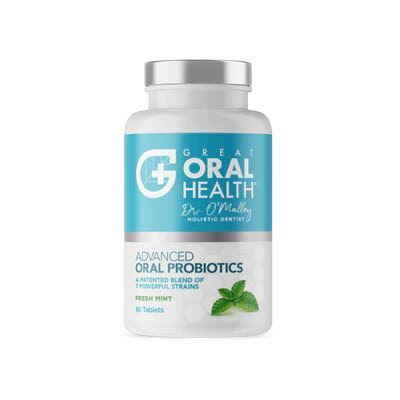Oral health refers to the process of keeping your mouth clean to avoid dental problems. It assists in preventing gum diseases, bad breath as well as tooth decay. By implementing healthy habits in your oral hygiene, you'll save yourself lots of trouble and cost. Natural teeth can be preserved throughout their lifetime by regularly taking care of their teeth at home, eating an appropriate diet as well as a regular visit to the dentist.
Periodontal Disease Affects Overall Health
Gum illness is caused by inadequate cleaning of teeth which allows the plaque to accumulate. It is among the most significant causes of tooth loss in adults. It is linked to heart diseases and strokes. If it is detected earlyenough, it can be managed and reversed. It is possible to prevent it by brushing and flossing twice each day, attending regular dental checkups and limiting any external factors that could impact the health of your mouth.
Proper Nutrition for Good Dental Health
Soft drinks that contain sugar are harmful to dental health since it mixes with the bacteria present in our mouth that produce acid which attacks tooth enamel. Sugar can accumulate within the teeth, causing plaque and cavities. Be careful about drinking drinks that are sugary and cleaning your teeth after eating sugar assists in maintaining your Oral health.
Change Your Toothbrush Often
Do you realize that the bacteria can begin to build up on your toothbrush over time? Your toothbrush needs to be changed at least every three months. It is recommended to wash your brush with hot water after each usage because bacteria may accumulate in bristles. It is also advisable to keep your toothbrush in a safe, clean location to ensure that your toothbrush is as clean as you can.
Dental Problems Cannot Go Away Without Treatment
If you are suffering from a dental issue, it's essential to visit your dentist to correct the issue. The dental cavities grow larger over time, and can result in an extraction of the tooth or a root canal extraction that can be costly and painful.
Bad Breath is a Result of a Dental Problem
A lot of people don't pay attention to their bad breath and instead make use of mouthwashes that cover the smell, but it does not treat it. There could be a deeper cause of your breath. Having a dental examination is crucial as it can determine the root of the problem. breath.
Brushing After Every Meal to Keep Cavities Away
Cleaning your teeth thoroughly after eating helps in the removal of plaque that can cause cavities. Food debris and bacteria make a sticky and soft substance (plaque) which builds up on your teeth. It is possible to avoid plaque by frequent flossing.
Dental Check-Ups Includes Oral Cancer Screening
Checkups should also include examination for oral cancer. Smokers should be alert to the possibility of it. The dental condition can affect the lips, mouth, or throat. The reduction of your consumption of this food can help you reduce the risk of developing health issues.
Maintaining Dental Health Can Be Simple
Maintaining your dental health is simple contrary to what many believe. Consuming a balanced diet and brushing your teeth following every meal is crucial to maintaining healthy gums and teeth. Going to the dentist for dental cleaning and examinations is crucial.
Dental Health Can Affect Your Confidence in Smiling
Cavities may lead to the removal of teethand which can cause an uneasy feeling when smiling. Dentists can correct the issue with fillings.
Ways of Improving Oral Health
Don't Smoke
Smoking is a cause of health problems, like oral and lung cancer. A lot of smokers suffer from poor breath, stained teeth, weak teeth and gums that are infected.
Eating a Nutritious Diet
Consuming more crunchier fruits and vegetables like carrots and apples can help to cleanse your teeth and help prevent cavities. Refraining from drinking sugary drinks like drinks with alcohol or soda can also benefit your teeth.
Benefits of Oral Hygiene
Prevents Cavities and Gum Disease
Maintaining your oral hygiene by brushing your teeth regularly every day at least two times. It aids in the removal of dental issues.
Lowers Health Care Costs
By keeping a clean mouth it is possible to save money on the cost of filling up cavities and dental implants. A regular check-up and daily flossing can be very affordable.
Conclusion
Maintaining your oral hygiene and health is essential to your dental and overall health. Dental problems can lead to grave health problems, like cancers and strokes. It is the duty of every person to visit the dentist regularly for checkupsand to brush off the teeth at least two times every day to prevent plaque.

Comments
Post a Comment